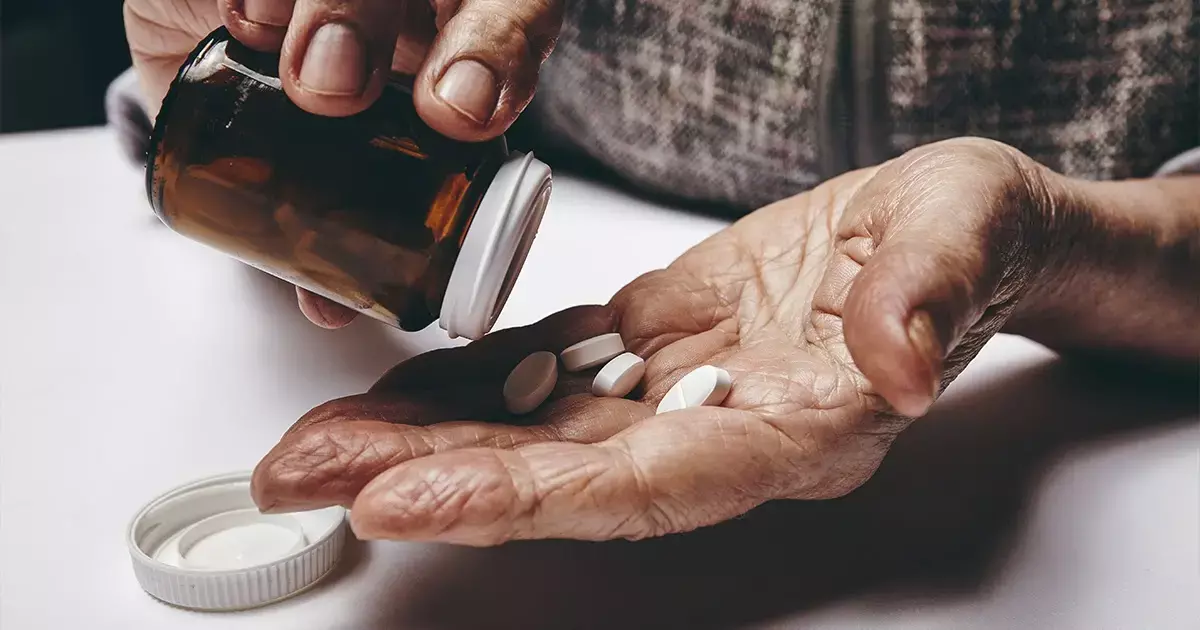- Home
- Medical news & Guidelines
- Anesthesiology
- Cardiology and CTVS
- Critical Care
- Dentistry
- Dermatology
- Diabetes and Endocrinology
- ENT
- Gastroenterology
- Medicine
- Nephrology
- Neurology
- Obstretics-Gynaecology
- Oncology
- Ophthalmology
- Orthopaedics
- Pediatrics-Neonatology
- Psychiatry
- Pulmonology
- Radiology
- Surgery
- Urology
- Laboratory Medicine
- Diet
- Nursing
- Paramedical
- Physiotherapy
- Health news
- Fact Check
- Bone Health Fact Check
- Brain Health Fact Check
- Cancer Related Fact Check
- Child Care Fact Check
- Dental and oral health fact check
- Diabetes and metabolic health fact check
- Diet and Nutrition Fact Check
- Eye and ENT Care Fact Check
- Fitness fact check
- Gut health fact check
- Heart health fact check
- Kidney health fact check
- Medical education fact check
- Men's health fact check
- Respiratory fact check
- Skin and hair care fact check
- Vaccine and Immunization fact check
- Women's health fact check
- AYUSH
- State News
- Andaman and Nicobar Islands
- Andhra Pradesh
- Arunachal Pradesh
- Assam
- Bihar
- Chandigarh
- Chattisgarh
- Dadra and Nagar Haveli
- Daman and Diu
- Delhi
- Goa
- Gujarat
- Haryana
- Himachal Pradesh
- Jammu & Kashmir
- Jharkhand
- Karnataka
- Kerala
- Ladakh
- Lakshadweep
- Madhya Pradesh
- Maharashtra
- Manipur
- Meghalaya
- Mizoram
- Nagaland
- Odisha
- Puducherry
- Punjab
- Rajasthan
- Sikkim
- Tamil Nadu
- Telangana
- Tripura
- Uttar Pradesh
- Uttrakhand
- West Bengal
- Medical Education
- Industry
GLP-1RAs and SGLT2i Combo Have better Outcomes in elderly with T2DM

Most patients with type 2 diabetes will eventually require a combination of at least two antidiabetic agents with different mechanisms of action to achieve glycaemic control. In a recent study, researchers have reported that in patients ≥65 years, Glucagon-like peptide-1 receptor agonists (GLP-1RAs) reduced atherosclerotic outcomes and sodium-glucose co-transporter-2 inhibitors (SGLT2is) inhibitors reduced heart failure and renal outcomes. The study findings will be published in the journal DIABETES RESEARCH AND CLINICAL PRACTICE on April 01, 2021.
GLP-1RAs and SGLT2i have a prominent place in the American Diabetes Association (ADA) and the European Association for the Study of Diabetes (EASD) consensus report and the guidelines issued by the European Society of Cardiology (ESC) in collaboration with the EASD. However, it is unclear whether the cardiovascular and renal effects of individual GLP-1RAs and SGLT2i are retained or even enhanced in elderly patients who are treated with a combination of a GLP-1RA and an SGLT2i. Therefore, Dr Thomas Karagiannis and his team conducted a study to assess the cardiovascular effects of GLP-1RAs and SGLT2i in older people with type 2 diabetes.
It was a systemic review and meta-analysis in which researchers searched PubMed, Embase, and Cochrane library up to November 2020 for cardiovascular outcomes trials with GLP-1 RAs or SGLT2 inhibitors that reported results for older patients with type 2 diabetes. They included a total of 11 studies (93,502 patients). They also conducted random-effects meta-analyses for different age subgroup categories.
Key findings of the study were:
- In patients ≥65 years, The researchers noted that GLP-1 RAs reduced major adverse cardiovascular events (MACE) (hazard ratio [HR], 0.86), cardiovascular death, stroke, and myocardial infarction.
- In the same age subgroup, they found that SGLT2 inhibitors reduced MACE (HR, 0.90), however, SGLT2is did not significantly affect individual cardiovascular outcomes.
- They noted that some benefits were more pronounced in older patients compared to those <65 years.
- They observed that this combination reduced heart failure hospitalization (HR, 0.62). However, this effect was not evident in patients <65 years, and the composite renal endpoint (HR, 0.57).
- They noted similar results in the meta-analyses for patients ≥75 years.
The authors concluded, "In older adults with diabetes, GLP-1 RAs reduced MACE and its components. SGLT2 inhibitors reduced MACE, and heart failure and renal outcomes."
For further information:
https://www.diabetesresearchclinicalpractice.com/article/S0168-8227(21)00090-5/fulltext
Medical Dialogues Bureau consists of a team of passionate medical/scientific writers, led by doctors and healthcare researchers. Our team efforts to bring you updated and timely news about the important happenings of the medical and healthcare sector. Our editorial team can be reached at editorial@medicaldialogues.in.
Dr Kamal Kant Kohli-MBBS, DTCD- a chest specialist with more than 30 years of practice and a flair for writing clinical articles, Dr Kamal Kant Kohli joined Medical Dialogues as a Chief Editor of Medical News. Besides writing articles, as an editor, he proofreads and verifies all the medical content published on Medical Dialogues including those coming from journals, studies,medical conferences,guidelines etc. Email: drkohli@medicaldialogues.in. Contact no. 011-43720751


